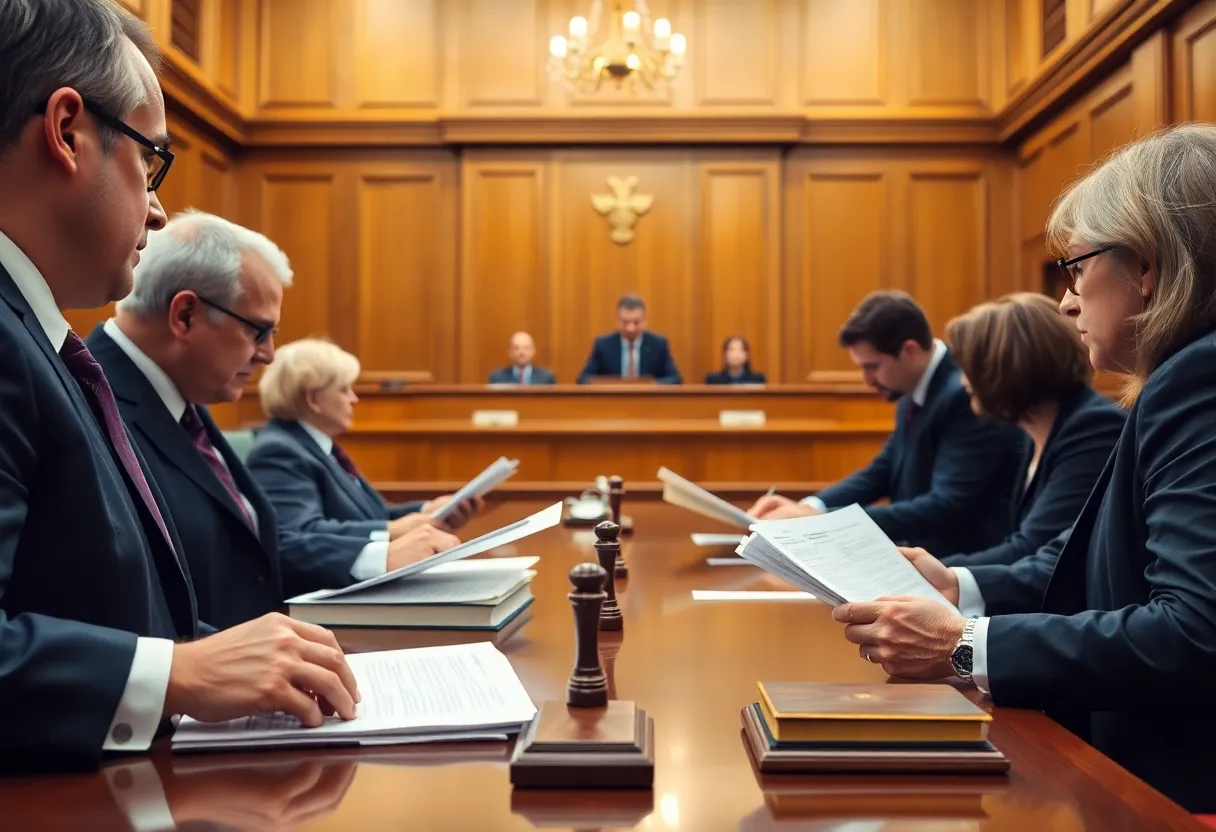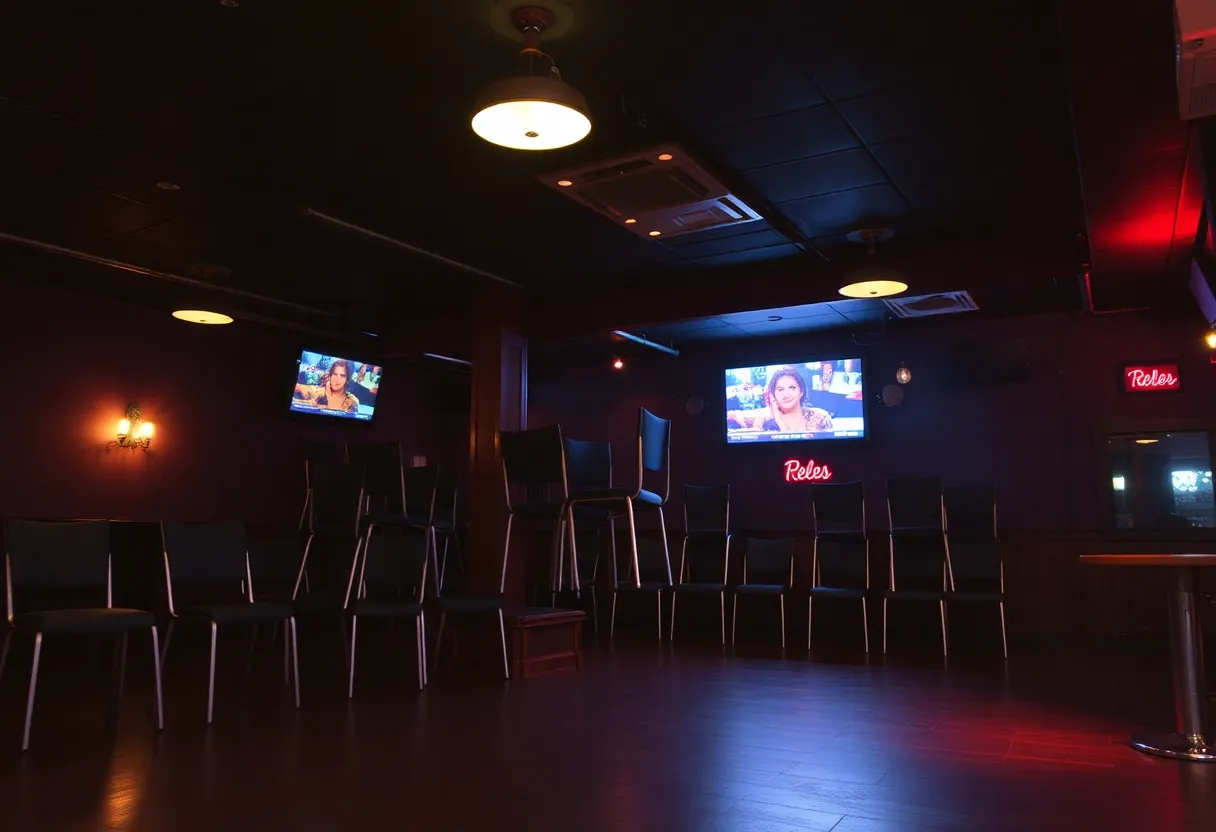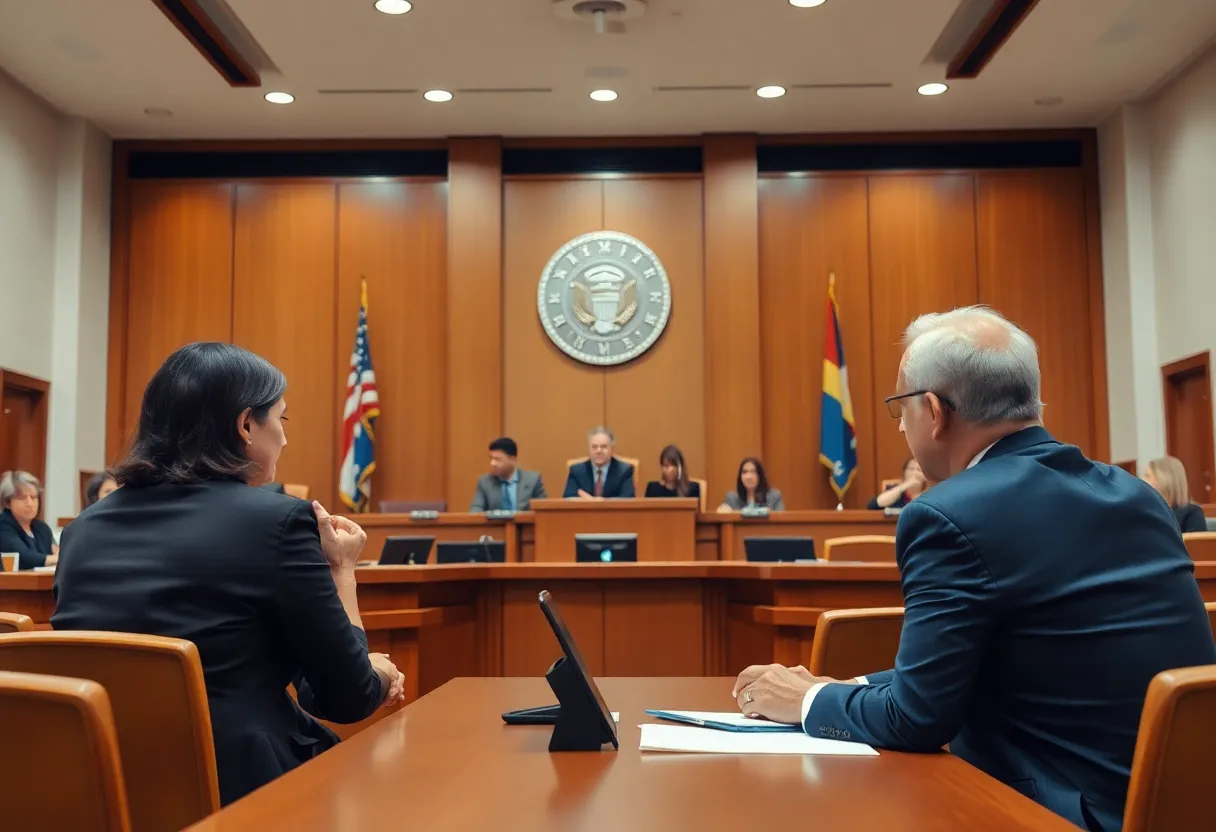News Summary
A recent Federal Court ruling allows plaintiffs to add corporate directors as individual defendants in a patent infringement case involving Unilin Beheer B.V. and 6035558 Canada Inc. Despite defense arguments regarding timeliness, the judge affirmed that these directors could face personal liability. This decision could impact corporate patent law significantly, opening pathways for accountability and potential damages.
Patent Infringement Case Takes a Dramatic Turn With New Individual Defendants
In a recent twist to a lengthy patent infringement battle, the Federal Court has decided to allow a group of plaintiffs to add three corporate directors as individual defendants to their ongoing case. This comes after the plaintiffs, in a case involving Unilin Beheer B.V. and 6035558 Canada Inc., sought to amend their original claim regarding alleged patent infringement. After thorough consideration, the court upheld the case management judge’s decision to permit these changes. So, what does this mean for both the defendants and the wider world of corporate patent law?
The Original Conflict
At the center of this legal showdown is a dispute over patent infringement practices. The plaintiffs accused the corporate defendants of infringing on their patents. The defendants, however, argued that the plaintiffs were too late in making these claims, pointing to potential statutes under the Patent Act and Ontario’s Limitations Act. They insisted that the changes would not be in the interest of justice, especially considering a four-year delay in the plaintiffs’ request to include individual defendants.
Judge’s Decision
Despite the defense’s arguments, the case management judge believed that the corporate defendants acted as a unified entity and filed a joint defense. This response not only asserted the invalidity of the plaintiffs’ patents but also denied any claims of infringement. Recognizing the interconnectedness of the corporate structure, the judge determined that the directors could potentially be held personally liable for any patent infringements as they were key decision-makers and officers within the corporate framework.
Complex Corporate Scheme
The defendants contended that the alleged creation of a complex corporate scheme separating the directors from the infringement claims created a clear distinction. However, this argument was rejected by the judge, who noted that the plaintiffs may not have fully understood the intricacies of the relationships or the directors’ involvement from the outset. Their ignorance of these complexities justified the requested amendments, according to the court.
Triable Issues & Timeliness
The court also identified significant triable issues that raised questions about whether the claimed activities constituted patent infringement or if they were something different entirely. Moreover, the judge examined the timeliness of the proposed amendments and recognized that the plaintiffs had gathered sufficient evidence in support of their patent infringement claims against the individual defendants.
Appeal by Defendants Dismissed
Following the judge’s ruling, the defendants quickly moved to appeal the decision. However, the Federal Court dismissed this appeal, stating there were no errors that warranted intervention. The court reinforced the notion that if the plaintiffs’ allegations are validated in a trial, they could indeed establish individual liability against the newly included directors.
The Verdict on Statute-Barred Claims
Interestingly, the court supported the assessment made by the case management judge that there was no pressing need to rule on whether the claims against these individual defendants should be considered statute-barred right away. It was emphasized that the plaintiffs had been unaware of the intricate details that could potentially lead to personal liability for these directors when they originally filed their case.
A Clear Path Forward for the Plaintiffs
This new development has given the plaintiffs a potentially stronger position in their case. By adding key figures directly responsible for corporate decisions, they could push for more accountability and perhaps even open the door to substantial damages if they win in court. As this drama unfolds, all eyes will remain on the legal proceedings to see how far the plaintiffs can go in establishing individual liability against these corporate directors.
With the courtroom now set for what could be a pivotal moment in corporate patent litigation, the outcome of this case not only affects those involved but could also send ripples through the broader corporate landscape, particularly for how individual liability is viewed in patent infringement cases.
Deeper Dive: News & Info About This Topic
HERE Resources
Exciting Developments in Patent Law: Federal Circuit Expands Domestic Industry Scope
Additional Resources
- Canadian Lawyer: Federal Court Upholds Ruling on Corporate Directors in Patent Case
- JD Supra: Canadian IP Litigation 2024
- Renewables Now: US ITC to Investigate Trina’s Patent Complaint
- The Pharma Letter: Genevant and Arbutus Initiate Patent Lawsuit Against Moderna
- Google Search: Patent Infringement







